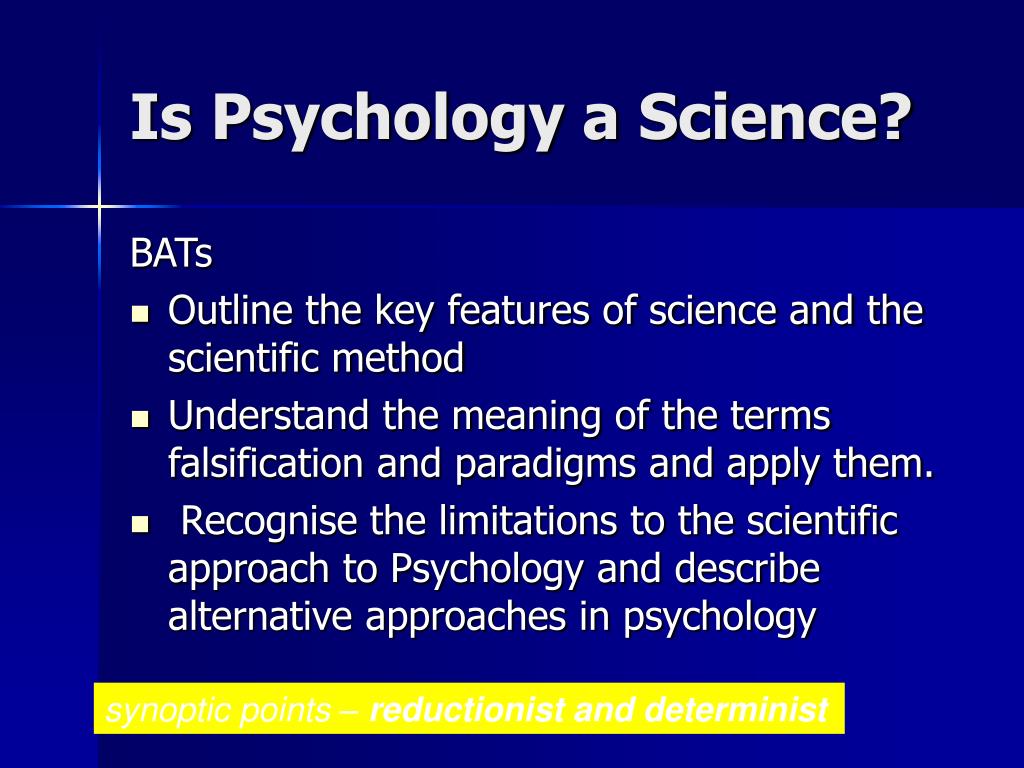Central Cee’s Religious Background: Facts and Influences
Central CEE’s religious background
Central CEE, whose real name is Oakley Neil h t Caesar SU, has become one of the UK’s near prominent drill artists in recent years. While he’s know for hits like” loading” and” day in the life,” many fans remain curious about his personal life, include his religious background.
Base on available information, central CEE was raise in a Christian household, though he hasn’t been peculiarly vocal about his religious beliefs in the public sphere. The west London rapper’s religious upbringing appear to have influence certain aspects of his worldview, but he doesn’t conspicuously feature religious themes in his music.
Religious references in central CEE’s music
Though central CEE doesn’t center his music around religious themes, careful listeners can spot occasional references to faith and spirituality in his lyrics. These references oftentimes appear as pass mentions preferably than central themes of his songs.
In some tracks, he makes brief references to god or spiritual concepts, typically in the context of gratitude for his success or when reflect on life’s challenges. These subtle nods suggest an awareness of spirituality without make it a define characteristic of his artistic identity.

Source: makeeover.net
For example, in certain lyrics, central CEE has make references to” god’s plan ” r express thanks for his blessings, which could indicate some level of spiritual belief, though not needfully adherence to organize religion.
The role of faith in UK drill culture
Understand central CEE’s religious background require examine the broader context of faith within UK drill culture. Many artists in this genre come from diverse religious backgrounds, include Christianity and Islam, which sometimes influence their worldview and lyrics.
In the communities where UK drill originate, religious institutions oftentimes play important roles as community anchors. Churches, mosques, and other religious centers oftentimes serve as gather places and support systems, especially in underserved areas of London.
Some drill artists explicitly reference their faith as a source of strength or guidance, while others, like central CEE, may keep their religious beliefs more private. This reflects the personal nature of faith and how individuals choose to express or compartmentalize their spiritual identity.
Central CEE’s private approach to faith
Central CEE has maintained a comparatively private stance regard his personal religious beliefs. Unlike some artists who conspicuously display religious symbols or regularly discuss their faith in interviews, he’s choose to keep this aspect of his life mostly out of the public eye.
This approach align with his broadly reserve attitude toward personal matters. Throughout his rise to fame, central CEE has maintained boundaries between his public persona and private life, focus interviews and public statements principally on his music and career preferably than personal beliefs.
This discretion make it difficult to definitively state his current religious affiliation or the depth of his spiritual practice. What can be observed is that he doesn’t appear to make religion a central part of his public identity as an artist.
Cultural and religious influences in central CEE’s background
Central CEE have a diverse heritage that Belize expose him to various cultural and potentially religious influences. With Guyanese heritage from his father’s side and English background from his mother, he grows up in a multicultural environment in shepherd’s bush, westLondonn.
Caribbean communities in London oftentimes maintain strong connections to Christianity, peculiarly denominations like Pentecostalism and seventh day Adventism, which have significant followings in Guyana and other Caribbean nations. This cultural context may have shape central CEE’s early exposure to religion.
The multicultural nature of London itself, with its diverse religious landscape, provide another layer of context for understand the potential influences on central CEE’s spiritual outlook. Grow up in such an environment oftentimes expose individuals to multiple faith traditions and perspectives.
Religion vs. Spirituality in central CEE’s public image
When discuss central CEE’s relationship with faith, it’s worth to distinguish between formal religious practice and broader spiritual beliefs. While he hasn’t publicalalignedign himself with a specific denomination or religious institution, this doesn’t needfully indicate a lack of spiritual perspective.
Many contemporary artists, peculiarly in hip hop and its subgenres like drill, express spirituality through less traditional channels. References to fate, destiny, or higher powers ofttimes appear in lyrics without explicit religious framing.
Central CEE’s occasional references to spiritual concepts might reflect this more individualized approach to faith — one that doesn’t neatly fit into conventional religious categories, but stillness acknowledge some form of spiritual dimension to life.
How religion shapes artists’ identities in UK music
The relationship between religious background and artistic identity vary wide among UK music artists. Some performers make their faith central to their public persona and creative output, while others maintain a clear separation between their spiritual lives and artistic careers.
In UK drill specifically, artists like ton wWaynehave occasionally rreferencedtheir Muslim faith, while others from Christian backgrounds might incorporate religious elements into their music videos or lyrics. These expressions range from subtle to overt, depend on the artist’s personal approach to faith.
Central CEE appear to fall on the more private end of this spectrum, allow his music to stand mostly independent of his religious background. This approach give him creative freedom while maintain personal boundaries around his spiritual beliefs.
The influence of religious upbringing on central CEE’s values
While central CEE doesn’t often discuss religion, elements of his express values might reflect influences from his religious upbringing. Themes of loyalty, family, and perseverance appear in his music and interviews — values that oftentimes align with Christian teachings.

Source: deborahsilvermusic.com
His focus on hard work and determination, couple with occasional expressions of gratitude for his success, could be seen as reflect values ordinarily emphasize in religious households. Nonetheless, these qualities aren’t solely religious and could stem from various influences in his life.
The emphasis on community and look out for one’s own people, which appear in central CEE’s lyrics and public statements, likewise resonate with values oftentimes promote in religious contexts, though they’re evenly attributable to cultural and neighborhood influences.
Religion in the context of central CEE’s rise to fame
Central CEE’s path to success has been mark by determination and strategic career moves preferably than any publically acknowledge religious guidance. His breakthrough come through platforms like social media and music streaming services, reflect an exhaustively modern approach to build an artistic career.
Unlike some artists who credit divine intervention or religious communities for support their rise, central CEE has principally acknowledged his own persistence and the support of his immediate circle. This secular framing of his success story align with his broadly private approach to matters of faith.
His career trajectory — from independent releases to chart top success — represent a self make narrative that doesn’t conspicuously feature religious institutions or communities as support players, though this doesn’t rule out private spiritual motivations.
Respect artists’ privacy around religious beliefs
The public curiosity about celebrities’ religious affiliations raise questions about privacy and the boundaries between public personas and personal beliefs. For artists like central CEE, who don’t voluntarily center their faith in their public image, this interest can sometimes feel intrusive.
It’s worth consider that religious belief is profoundly personal, and public figures have varied comfort levels with share this aspect of their lives. CentraCEEee’s choice to keep his religious views comparatively private deserves respect, as do any artist’s decision about how much of their spiritual life to share with fans.
This perspective encourage fans to engage mainly with the art itself quite than make assumptions about the artist’s personal beliefs or expect them to function as religious role models.
Conclusion: central CEE’s faith in perspective
Base on available information, central CEE appear to have been raise in a Christian environment, though he maintains a private approach to his current religious beliefs. His occasional spiritual references suggest some form of faith or spiritual awareness, but he doesn’t make religion a central part of his public identity or artistic expression.
This approach reflect a broader trend among contemporary artists who frequently separate their spiritual lives from their public personas, allow their art to connect with audiences irrespective of religious background. It likewise demonstrates the personal nature of faith and the different ways individuals choose to express or compartmentalize their spiritual identities.
Finally, while fans course curiosity about all aspects of their favorite artists’ lives, central CEE’s music can be appreciated on its own terms, without definitive knowledge of his religious affiliation. His artistic merit stand independent of his personal spiritual beliefs, which he’s choose to keep mostly private throughout his rise career.



